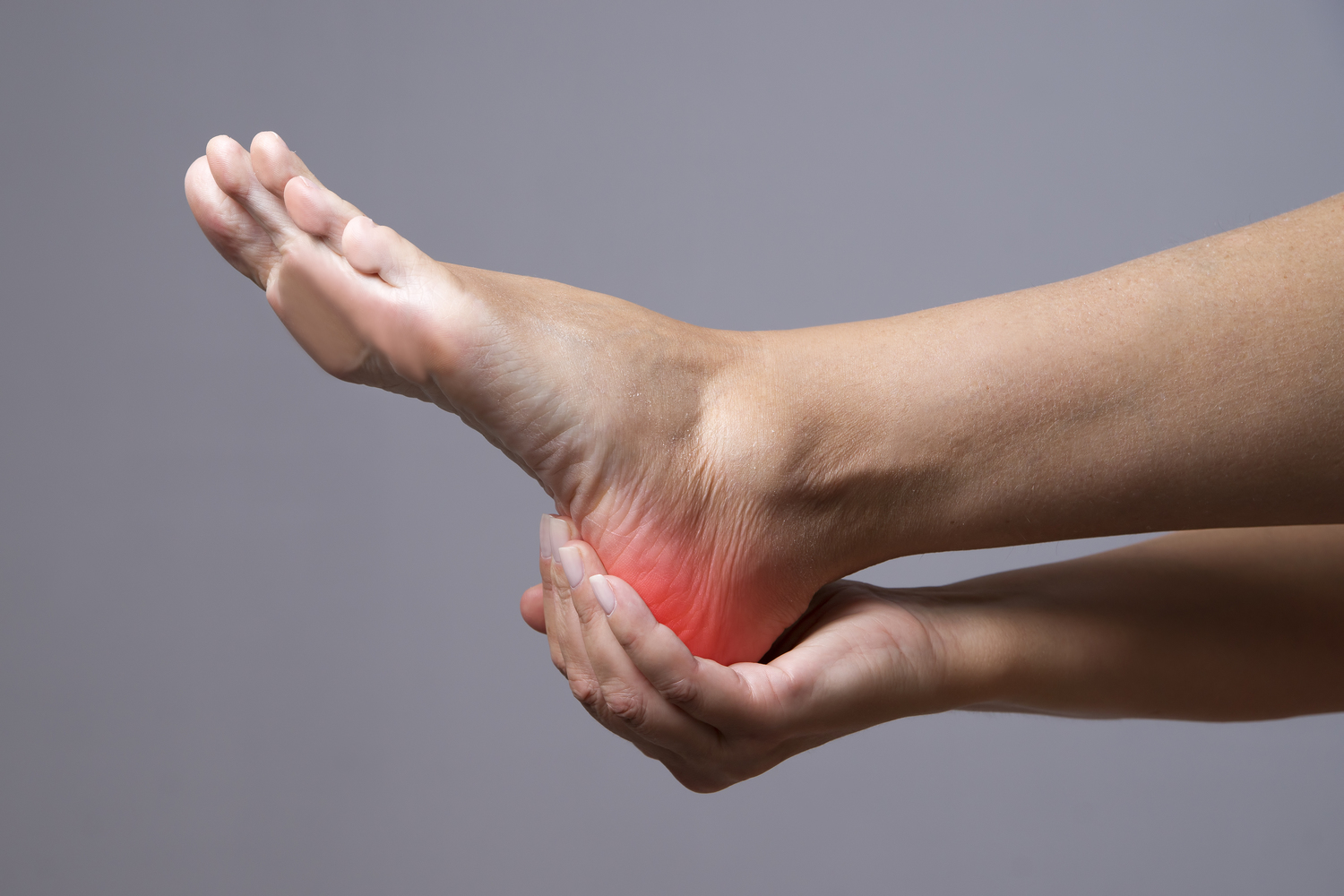9 Ways to Address Foot and Ankle Pain
Swollen feet and ankles are pretty prevalent but are typically not a cause for concern, especially if your lifestyle involves a lot of walking or standing. But if any other symptoms accompany the swelling, it may give away an underlying health condition and may need immediate foot and ankle swelling treatment. We’ve addressed a few measures that can be taken to prevent as well as remedy the issues that are caused by pain in the foot and ankle.
Buying compression socks
One of the best ways to care for foot and ankle pain is using compression socks.

Trying elevation
If you experience swelling in your ankles or feet, elevate your legs above your heart’s level and let gravity do the rest. Such a practice aids in draining the fluid built up from the lower extremities as you offer your circulatory system some external help. You can take this simple care measure against foot pain with books, pillows, or anything accessible. Some yoga poses like lying on the floor with your legs raised against the wall can also help.
Using Epsom salt
Magnesium deficiency might also be responsible for inflammation across the body, resulting in swollen feet and ankles. The skin can absorb magnesium in Epsom salt. So, consider soaking your feet in water with Epsom salts or bath with the salts to lower the swelling and inflammation in the ankles by improving your magnesium levels.
Implementing diuretics
Some diuretics also help with ankle swelling by stopping fluid retention in the body by improving urination. You’ll end up taking more than a few bathroom trips to eliminate excess salt from the body. Typically, three diuretics can aid in foot and ankle pain care:
Potassium-sparing diuretics maintain potassium in the body.
Loop diuretics help in heart failure.
Thiazide diuretics relax the blood vessels
When the swelling from injuries causes immense foot pain, you can consider reaching out to anti-inflammatory pharmaceutical options. Prescriptions that prevent the formation of blood clots help with foot care. If you have cellulitis or bacterial infection, start an antibiotic course to relieve the symptoms. However, if the swelling results from an underlying medical condition, effective disease management can help overcome the causes of foot pain.
Having lots of water
You can overcome most of life’s problems merely by staying hydrated. This fact is also true for foot care. When you’re dehydrated, the body tends to retain the fluid available on reserve. The result is swelling in the ankles, feet, and legs. So, drinking at least eight glasses of water every day can be an effective way to take care of swollen feet and pain in the ankles.
Being on the move
You may get swollen feet if you tend to stand or sit in one spot for an extended period. So, aim for at least some movement every hour. It may be a brief walk to the break room or a walk around the block post meals. You can also flex your ankles or knees or take a quick walk around the office.
Getting a massage
If you damage your lymph vessels, excess fluid retention happens in the body when the blood pumps through these areas. You can opt for a lymphatic drainage massage that utilizes gentle manual pressure to enable the transportation of the lymph fluid from the body’s tissues to the lymph vessels. It can help you get rid of the swelling.
Seeking surgical intervention
If no other foot care measure works, the doctor may recommend surgery to reinforce blood vessels by clearing the blockages. The process involves the use of a catheter performed under the effect of a local anesthetic.
Having magnesium-rich foods
Swelling in the feet and ankle and water retention are two main symptoms of magnesium deficiency in the body. So, adding magnesium-rich foods to your diet can strategically reduce these causes of foot pain. Some magnesium-rich foods that you can add are
Dark chocolate
Spinach
Low-fat dairy products like yogurt or milk
Fiber-rich whole grains like quinoa
Lima and black beans
Pumpkin seeds and cashews
There are several different causes of foot and ankle pain. But, it is predominantly an outcome of the fluid buildup. Swelling may occur as a body’s natural response to infections or injury. But, in some situations, there may be an underlying medical condition that causes foot problems. Take immediate measures toward taking care of foot and ankle swelling. Reach out to a medical health expert who can assist you with a plan for foot problems.



